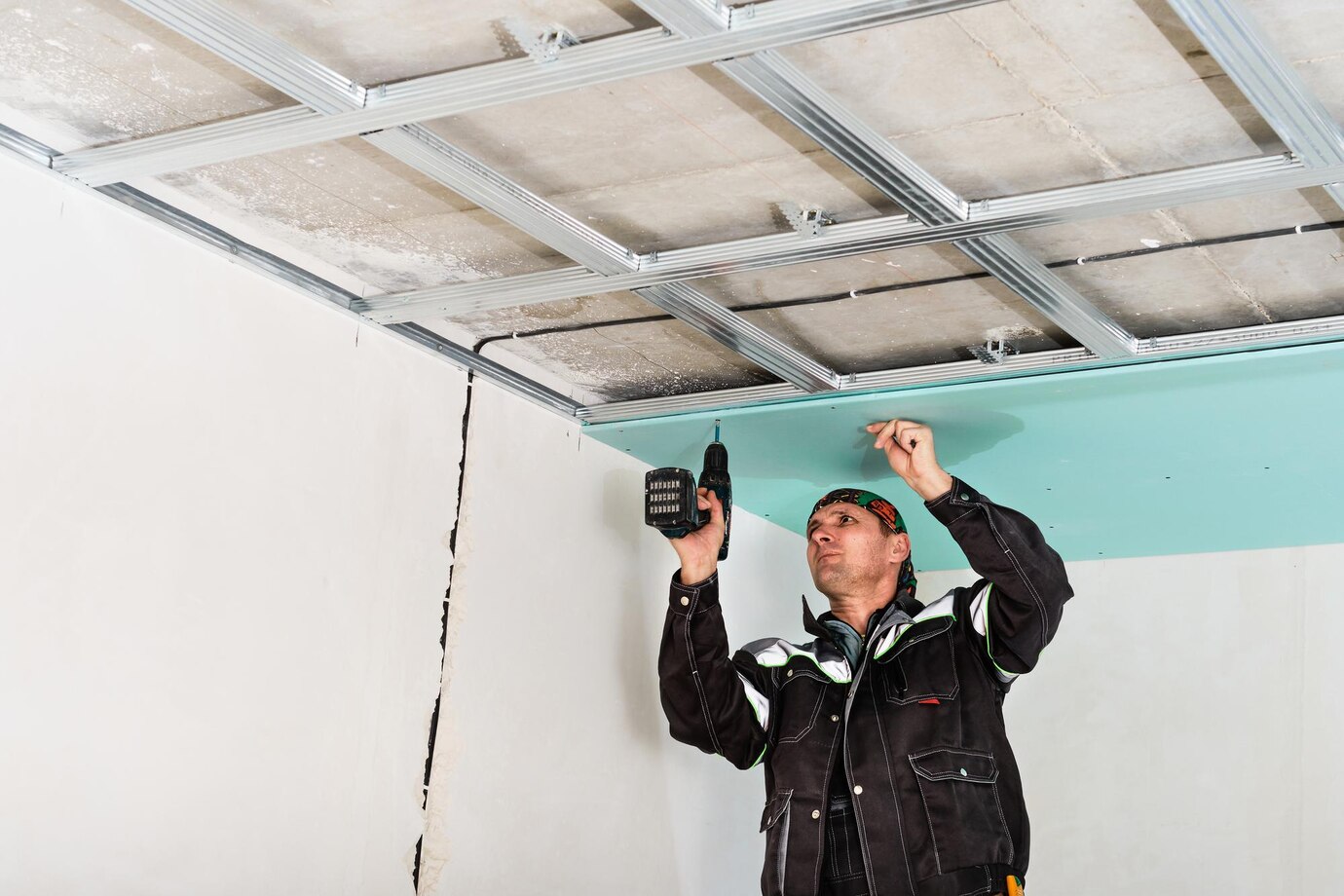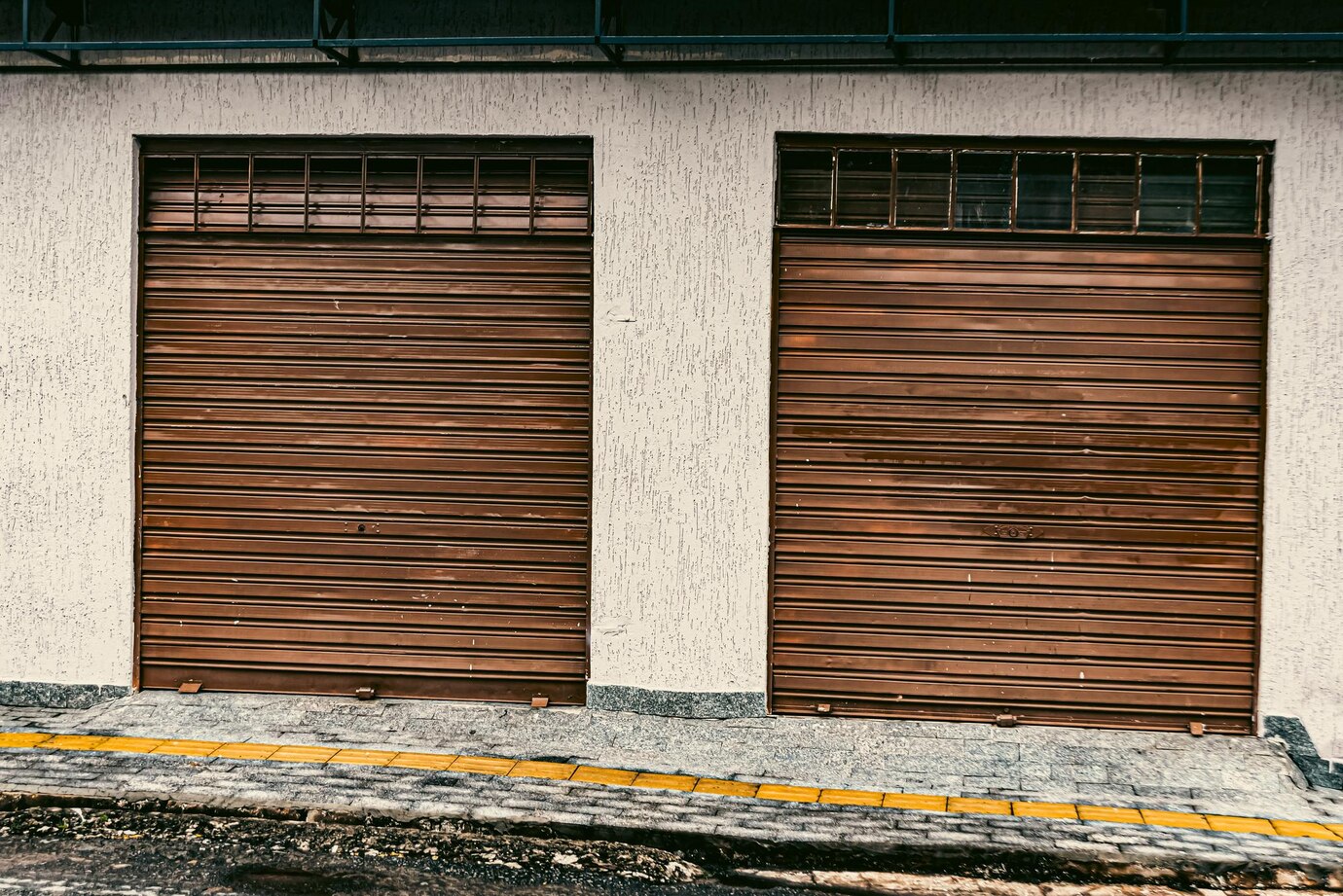How to Choose a Weather-Resistant Garage Door for Extreme Climates
Your garage door is your first line of defense against the elements. When you live in extreme climates, selecting the right garage door becomes more important than ever.
A weather-resistant garage door can make all the difference if you’re facing blistering heat, freezing cold, heavy rain, or fierce winds. It upgrades your home’s curb appeal and provides protection and peace of mind. Let’s explore how to choose a garage door that can stand up to Mother Nature’s most challenging conditions.

Why Climate Matters When Choosing a Garage Door
Climate is one of the most important factors to consider when choosing the right garage door for your home or office. The state of Massachusetts has its own unique challenges that can affect the longevity and performance of your door.
In hotter regions, you need doors made from materials that resist warping and fading. The sun’s relentless rays can degrade lesser materials over time, which can lead to costly repairs. On the flip side, colder climates demand insulation and thermal efficiency. A well-insulated garage door helps maintain temperature stability inside, which is crucial during frigid winter months. Rainy or humid climates require weather sealing to prevent moisture damage. Poor seals can lead to rusting or mold growth, compromising both structure and safety.
Finally, wind resistance is vital in storm-prone locations, such as Milton, Mashpee, and Rockport, where high winds can batter a garage door. Choosing a model designed for such conditions ensures protection against potential disasters.
Extreme Climates
Extreme climates can challenge even the sturdiest of structures. In regions where temperatures soar, garage door materials that resist warping and fading are a must. Sun exposure can degrade lower-quality products over time. Look for options designed specifically for high UV resistance. Conversely, areas with harsh winters require doors that withstand freezing temperatures and heavy snow loads. Insulation becomes vital here, not only for energy efficiency but also to maintain functionality during frigid months. Additionally, wind can pose a significant threat, which is why you need storm-resistant doors. A garage door must be able to endure powerful gusts without buckling or breaking.
Maintenance for Weather-Resistant Garage Door for Extreme Climates
Maintaining a weatherproof garage door ensures its longevity and performance in extreme climates. It usually starts with regular inspections to spot any signs of wear or damage. Check seals, hinges, and the overall structure. Furthermore, cleaning should be part of your routine. Dirt and debris can accumulate, affecting functionality. Use mild soap and water to keep surfaces clear without causing harm. Lubrication plays a significant role too. Apply lubricant on moving parts such as tracks, garage door springs, and rollers every few months. This prevents rusting and ensures smooth operation. Pay attention to insulation integrity as well. Any gaps can lead to energy inefficiency or moisture buildup inside the garage. Finally, remember to paint or stain if your door’s material requires it. Protecting the surface from UV rays helps maintain its appearance while offering additional resistance against harsh weather conditions.
The Importance of Insulation
Insulation is quite important for the performance of your garage door, especially in extreme climates. It helps regulate temperature inside the garage, providing comfort and protecting stored items. This is quite beneficial for commercial garage door settings or if you store anything temperature-sensitive inside. A well-insulated garage door minimizes heat transfer during summer and retains warmth in winter. This is essential for preventing damage to tools, vehicles, or even climate-sensitive materials. Moreover, insulation contributes to energy efficiency. You can save money on utility bills over time by reducing reliance on heating or cooling systems. Beyond thermal benefits, insulation also dampens noise from outside. Whether it’s howling winds or heavy rain, an insulated door creates a quieter environment inside your garage.

Wind Resistance
Wind resistance is another important thing to consider when selecting a garage door. High winds can exert significant pressure on your door, leading to potential damage or even failure. Look for doors specifically rated for wind resistance. Many manufacturers offer products that meet strict standards, ensuring they can withstand gusts without warping or breaking. Material choice plays an essential role here. Steel and fiberglass garage doors often provide better durability against strong winds than lighter materials like wood or aluminum. Additionally, consider the door’s design. Certain styles, such as those with reinforced panels, can enhance stability during stormy weather conditions. Proper installation also contributes to wind resistance. Ensure your garage door is securely fitted into its frame to minimize any vulnerabilities during windy spells.
Durability of Materials
As mentioned, the choice of materials is crucial to your garage door’s lifespan and performance. Steel garage doors are often favored for their strength and resistance to dents, making them ideal for areas prone to harsh weather.
Fiberglass is another popular choice. It’s lightweight yet durable, resisting rust and corrosion while maintaining an appealing look. Plus, fiberglass doors can mimic the appearance of wood without the maintenance headaches.
Wood garage doors offer beauty but require extra care in extreme conditions. If not treated properly, it may warp or crack. On the other hand, aluminum garage doors stand out due to their rust-resistant properties and lightweight design. They’re perfect for coastal regions where saltwater can cause damage.

Additional Considerations
When selecting a weather-resistant garage door, consider additional factors that may influence your decision. One of them is the door’s design and aesthetics. It should complement the style of your home while offering functionality. Consider security features as well. A strong garage door protects against bad weather and keeps your belongings safe. Look for doors with advanced locking systems or smart technology options. Also, think about energy efficiency. A well-insulated garage door can help maintain temperature control inside your space, potentially reducing heating and cooling costs over time.
Keep local regulations in mind. Some areas have specific building codes regarding materials and construction methods that must be adhered to when installing a new garage door. Choosing the right garage door involves balancing a wide range of elements such as durability, aesthetic appeal, insulation properties, and security features. If you feel overwhelmed by it all, contact our garage door experts. We’ll arrange a free consultation and help you find that perfect fit.

